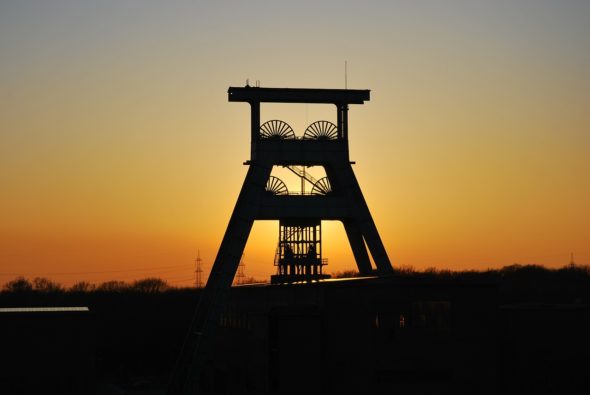Polska Grupa Górnicza needs about PLN 2 billion a year to function and to prevent social protests, once the decision to close it is made. However, apart from spending money on shutting down mines, public aid for the coal sector in the EU may be problematic. What do lawyers have to say about the possibility of granting public aid to mines? Can this be done?
„The issue of Poland’s coal sector is so peculiar that paradoxically, the Polish government may achieve more than many experts expect. First of all, according to articles 107 and 108 of the Treaty on the Functioning of the European Union, it is the EC that decides whether public aid is compliant with EU regulations, of course under the supervision of courts. Either way, the EC has a lot of leeway and a large margin of discretion when it comes to deciding whether a given case of public help infringes the rules of the common market. The Polish government may get the upper hand, thanks to the fact that today there are no EU regulations which directly and specifically determine the scope of public aid that can be granted to mines subject to a closures. This is because the Council Decision on state aid to facilitate the closure of uncompetitive coal mines from 2010 is still in force, and the EC approved the previous 2011-2018 aid programs for Polish mines on the basis of that decision. Those regulations do not encompass new programs. Either way, the Council’s decision itself left room for approving aid for reasons other than those stipulated in the decision,” Tomasz Włostowski, managing partner at EU STRATEGIES in Brussels, explained. „In other words, the European Commission has a lot of freedom, so if it wants to help the Polish government to shut down mines, and in my view it does, then it will find the right way and justification, of course within a certain framework. Therefore, it is hard to imagine that the consent to operational aid could is granted to just one company, disregarding others. Probably, the permit would be given to a program that would encompass the entire sector. Another factor that is of help to the government is that the Commissioner for competition, Margrethe Vestager, is very pragmatic and she knows that the existing support systems will make it impossible for Poland to shut down the entire sector of coal mining. And after all, the European Commission, as well as the majority of EU members, will want to once and for all get rid of the perennial problem of Polish coal and close the mines,” he continued. In his view, it is even more topical at a time when the EU is formulating its climate goals, climate neutrality as well as reduction targets, and the fact that Poland’s power industry is based on coal is one the biggest factors that undermines the ambitions of the Polish government. „Other states may not cause a stir either, because when looking at the situation in a Machiavellian and egoistic way – they’d rather Poland subsidized dirty mines instead of renewables, or new technologies in which the West will continue to play a leading role. So, paradoxically everybody would win if the EC approved some sort of help. This is why the Commission may want to jump through the proverbial hoops to go along with Poland. I don’t think the government will be able to get everything it had promised to the miners, but I do believe the government and the EC may find a compromise,” the lawyer stated. He also added that at the end of the day, the question was what the miners would say.
„First, we need to clearly state that this will not be the first time the coal sector has received help. In 2010 the European Commission approved aid to close (cover the existing losses) mines. As part of that regulation, it was also possible to award aid to cover the so-called extraordinary costs, but only to the extent to which they transpired in result of the closure of a given mine. So it was impossible to receive money to invest, modernize, etc. The program was updated a few times during the years, but its basic framework was left intact. The case we are talking about will be the same,” Jan Sakławski, attorney-at-law at Brysiewicz, Bokina, Sakławski, reminded. „The latest news about the taxonomy the EU is planning, makes it clear that even gas projects will find it very hard to get EU funding, and obviously coal projects are not even close to the proposed emission limit that makes it possible to acquire support,” he added. He also admitted he did not expect Poland to receive a different kind of support than the one we already know. At the same time it is worth remembering that this does not exclude the possibility of receiving support to mitigate the negative impact of the energy transition. „This is actually the goal of the Just Transition Fund, which will not bankroll energy investments as such, but may help with, among others, issues related to the reinvention and rehabilitation of post-mining areas,” Sakławski explained.









